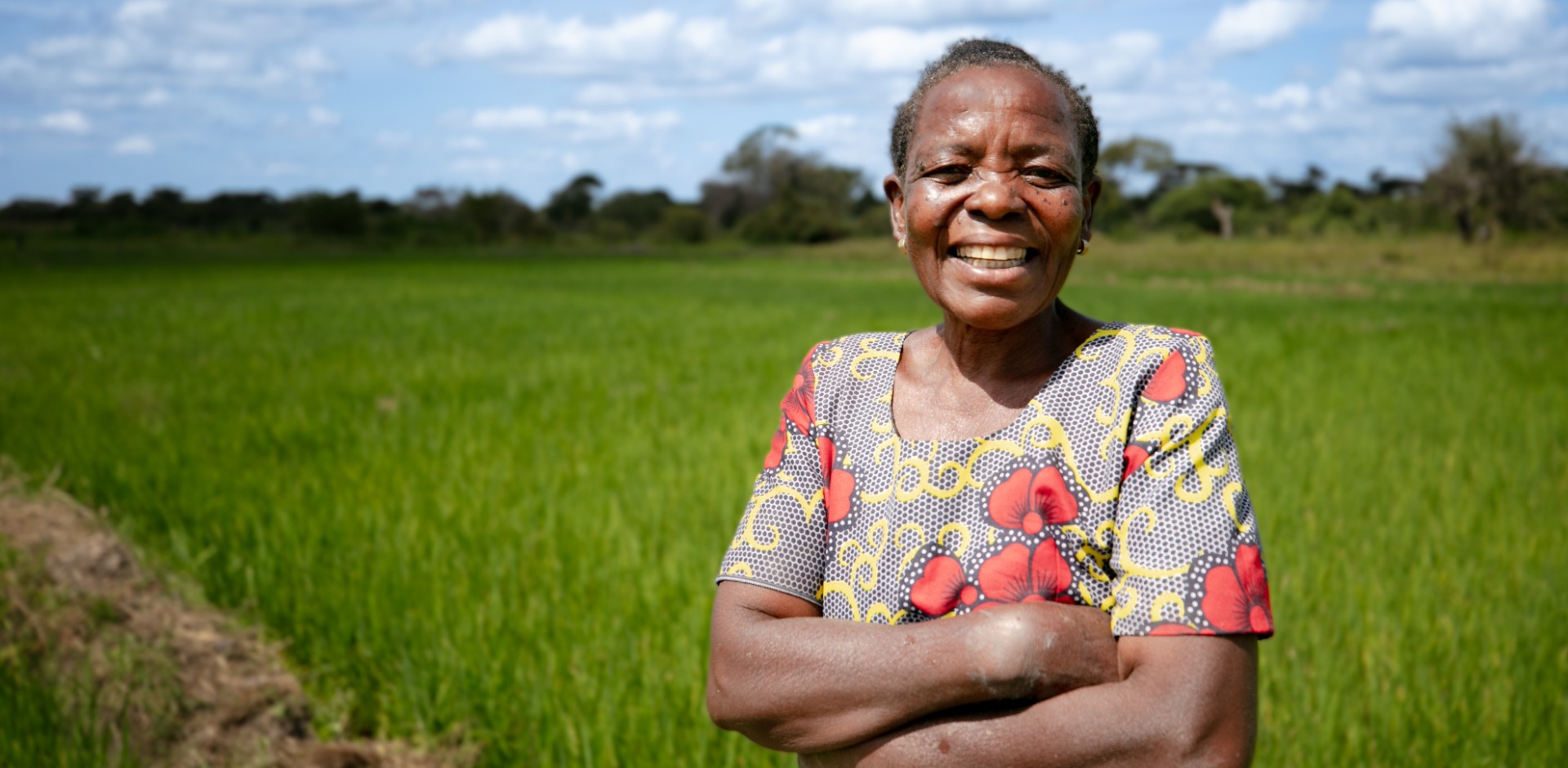
INTERNATIONAL DEVELOPMENT WEEK
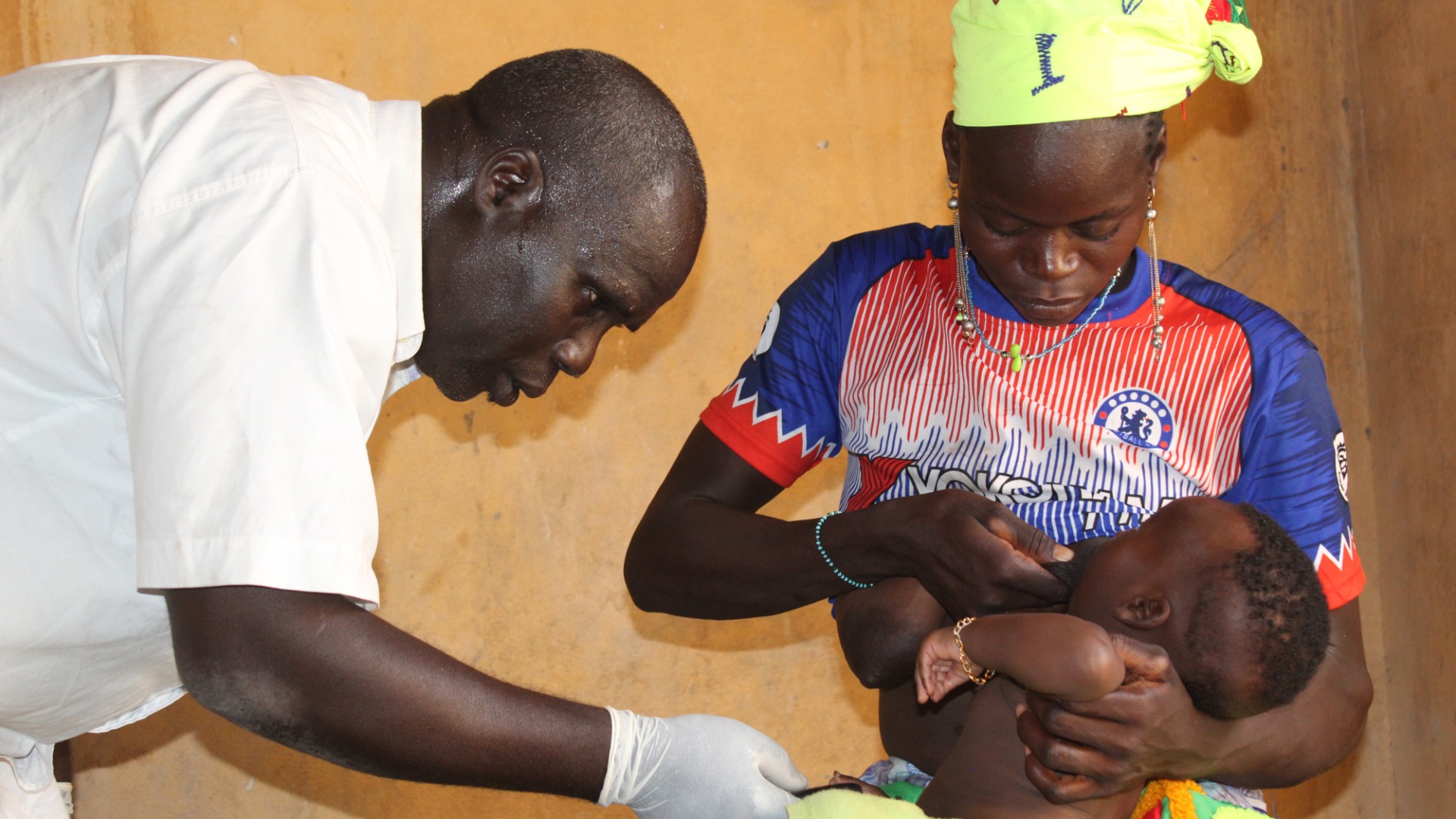
Chronic malnutrition is a major issue in Mali, where it is one of the most persistent obstacles to equitable and inclusive development : it costs 3.78% of the country’s GDP annually, contributes to more than a third of infant and child deaths and considerably limits children’s development. The regions of Kayes, Kita and Sikasso are particularly vulnerable to chronic malnutrition, with rates among the highest in the country, and by far the highest in areas where the security situation is stable. This is why Action Against Hunger is acting, through this project, on the three major underlying causes of chronic malnutrition: access to adequate care, a healthy environment and adequate nutrition. These three parameters are greatly affected by gender inequalities affecting women and adolescent girls.
728,600 people supported (77% women and 8% adolescent girls) in the health districts of Kayes, Bafoulabé, Kita and Sikasso in southern Mali. This is a 5 year program (2021-2026) in partnership with Global Affairs Canada.
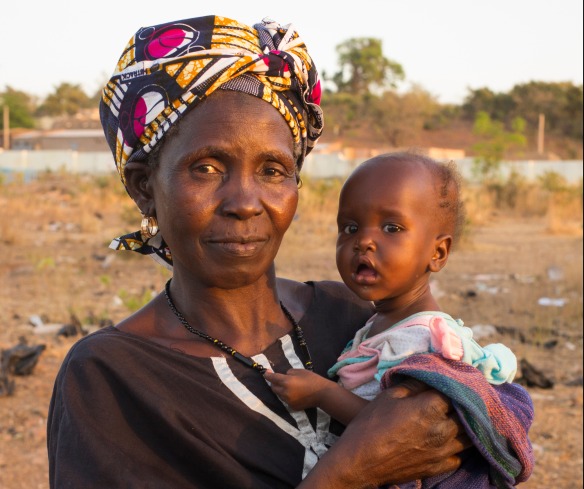
728,600 People Supported (77% women and 8% adolescent girls)
Women and children are the most vulnerable to undernutrition. According to the United Nations, 60% of the world’s undernourished people are women. In its 2019 report on food insecurity and nutrition in the world, the FAO (Food and Agriculture Organization of the United Nations) indicates that the risks of food insecurity are still about 10% higher for women than for men.
In rural areas, women’s contribution to agricultural value chains and their benefits are closely linked to food and nutrition security, maternal and child health and chronic malnutrition. The gender inequality index is 0.776 for Mali, ranking it 150th out of 188 (UNDP, 2016). According to FAO’s report on Gender in Rural Development in Mali (2018), food and nutrition security is closely linked to the status and status of women and in particular, in rural areas, to women’s contribution to agricultural value chains and their benefits. In addition, a Link NCA study conducted in 2018 by ACF in 20 countries, including Mali (Kita cercle), shows that the following factors strongly contribute to the deterioration of maternal and child health and malnutrition: women’s overwork, their insufficient and inadequate access to health care and FP, girls’ limited access to education, early pregnancy, women’s low decision-making power within the household, and unequal social norms.
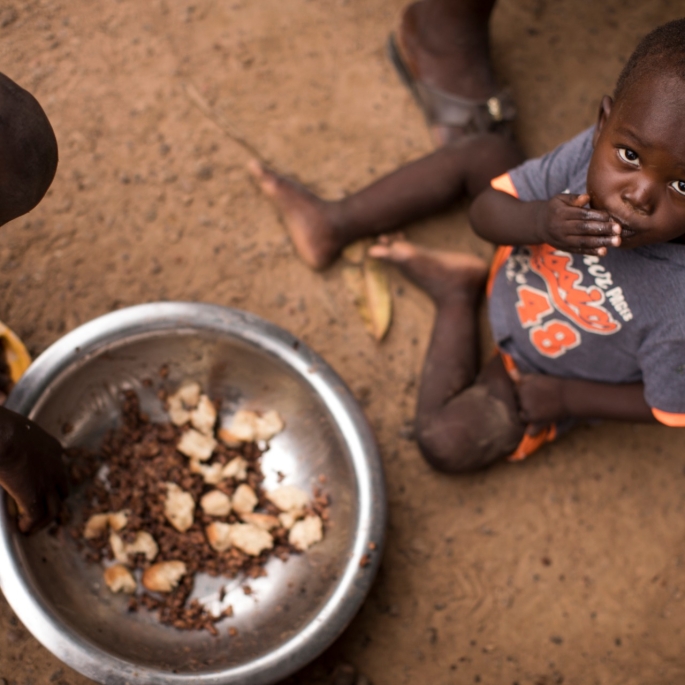
In 2020, world hunger reached its highest level in five years and a third of the world’s population (2.3 billion people) did not have access to adequate food.
The project will directly benefit 728,647 people, including 558,064 women, and indirectly the entire population of the project area, i.e. 2,088,117 people, including 459,386 women aged 15 to 49 and 106,494 adolescent girls aged 15 to 19.
 |
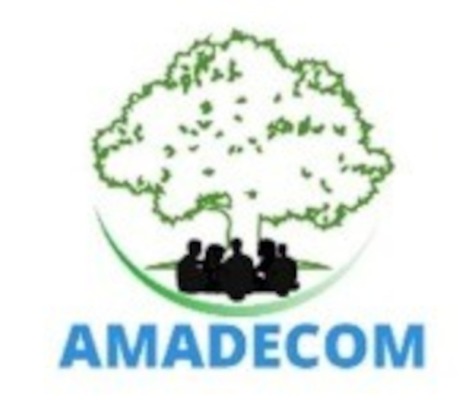 |
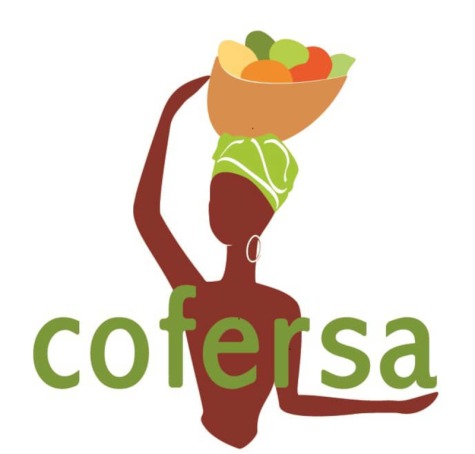 |
|---|